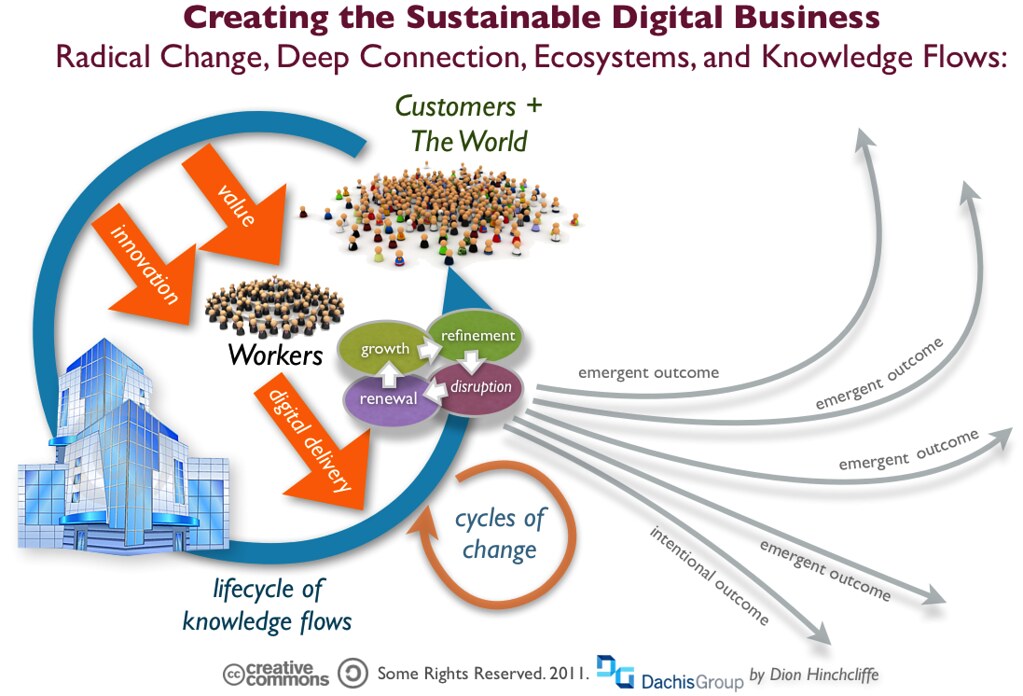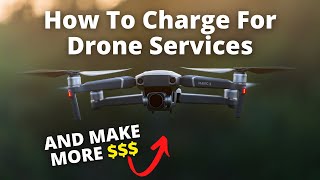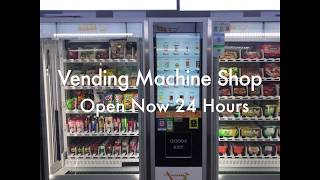
Image Source: Flickr
As the old saying goes, technology is one of life’s most powerful tools. It enables businesses to grow and shrink faster; to be more productive and less wasteful; to reach global customers at affordable prices; and to enjoy greater customer loyalty by operating from anywhere with an Internet connection. In this blog post, we’ll take you through some of the most profound business transformations that have been enabled by technological innovations in recent years. From the rise of data-driven business models to the digital transformation of manufacturing, here are six recent examples that show how new technologies are changing the way we do business today.
Digital Marketing Is the New Black: It’s More Strategic, Less Automated, and Targeted at Your Audience
Marketers have been using digital marketing techniques for a long time, but now they have a powerful new tool to help them score more sales, build stronger customer relationships, and drive more conversions. In other words, digital marketing is being taken to the next level. Digital marketing is not just about sending emails or posting ads on Facebook—it encompasses every aspect of your business’s relationship with customers. It’s not only how you market to customers, but also how you create the customer experience. By operating digitally, retailers can save thousands of hours each year, avoid traffic jams and make their customer service lines shorter. Digital marketing is also changing the way brands engage with customers, and that’s going to continue to increase in the coming years.
Digital Business is the New Physical Business: It’s More Human-Centered, and Operates on a Smaller Cx Chain
Physical businesses have been adapting to the new business model for a while, but now they’re finding themselves in a bind. Companies that used to rely on physical assets are now being forced to adapt to new business models that leverage their data, such as cloud-based software and mobile applications. Some industries, such as financial services and tech manufacturing, have been dealing with this for a long time. For others, like beauty and health care, it’s a new reality. These industries are now finding themselves operating in a hybrid model that uses digital technologies but is still largely based on human-generated content. In many ways, digital businesses are the new physical businesses. They rely on humans to drive the operations, but they also need access to data to operate.
Artificial Intelligence is Taking Over the Traditional HR Function: It’s Algorithmic, and Pays Off in Higher Stakes
The business of HR used to be about managing people, but now it’s also about managing data. That’s where artificial intelligence comes in. HR leaders have been embracing AI for some time, but now they’re finding ways to use it in a more strategic way. They’re using AI to create smart job postings and searches, automate payslips and benefit applications, and even suggest new hires based on your company’s culture. HR leaders are also using AI to improve employee engagement. They can now create virtual onboarding programs that help new hires navigate the company, track their career growth, and understand the company culture. Many companies are now also exploring how they can integrate AI with their benefits strategies, which is another way they’re integrating AI into the HR function.
Blockchain is Changing the Way we Think: It’s Distributed Ledger, without Vibrancy
The blockchain is one of the most revolutionary technologies to hit the business world in decades. It was designed to be a decentralized, distributed ledger technology that could be used to track transactions across a network without a central authority controlling or managing it. Once it reaches maturity, the blockchain could replace many different business models, including traditional accounting models and the way we track and manage assets. In the meantime, it could also be used to enhance existing business practices. For example, a transportation company that uses the blockchain to track shipments could allow shippers to track the progress of their cargo and get updates as it moves through the system. Similarly, a real estate company that uses the blockchain to track rental payments could allow tenants to see exactly how much they owe and get automated reminders if payments are missed.
Intuit Is Redefining Customer Service with Online Tools
Traditionally, businesses have relied on phone support to manage their customer service. But now, more than ever, online support is the way to go. It’s become so evident over the last few years that businesses must embrace technology to thrive that online support has become an essential business function. Online support has grown at a rapid pace over the last decade, and that trend is sure to continue. In fact, according to a survey, 40% of customers say they’d choose an online support option over a phone call. That is true for banks, retailers, and many other industries that now rely on the Internet for their support. According to a study, the average customer now asks a business support question 1.9 times per day. That’s a significant jump from just 5 years ago, when the average customer asked their business support question 3.2 times per day. With demand for online support remaining high, many companies are now investing in robust support operations. Meanwhile, many are exploring new ways to provide online support beyond the traditional assistance channels. Among the most promising of these new ventures is Intuit.
Bottom Line
Businesses are experiencing rapid technological change, with the transition to digital business practices often accompanied by disruption in other areas of the business. New technologies are changing the way we do business, both in terms of how we produce and consume content, how we acquire and deliver services, and how we interact with customers. These technological advancements are bringing about dramatic changes in how we market, build, manage and deliver products and services. They are also causing disruption in business models and the HR function, among other areas, Disruptive technologies can either positively or negatively affect the sector they’re implemented in. While some technologies may be easy to use and provide positive returns, others can be difficult to integrate and may have a limited or no impact on the business.




